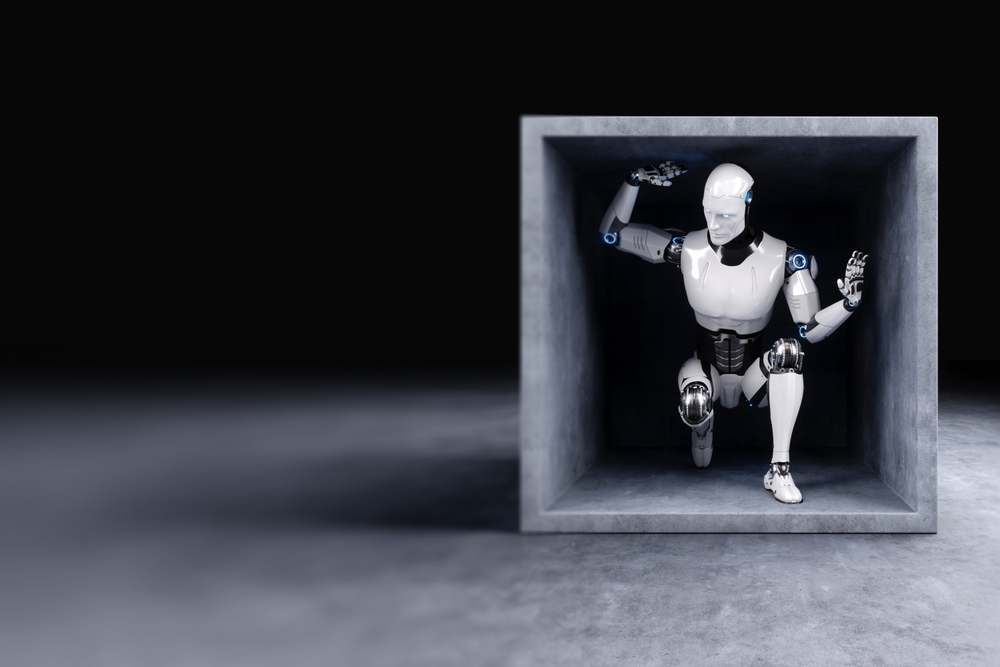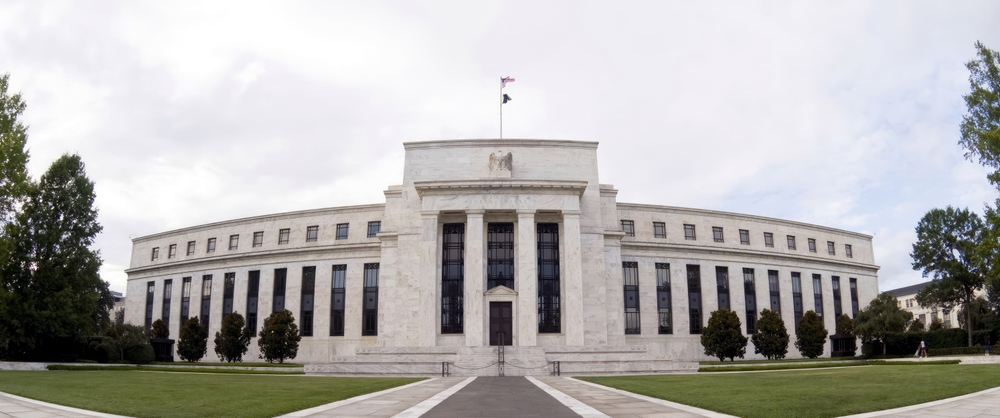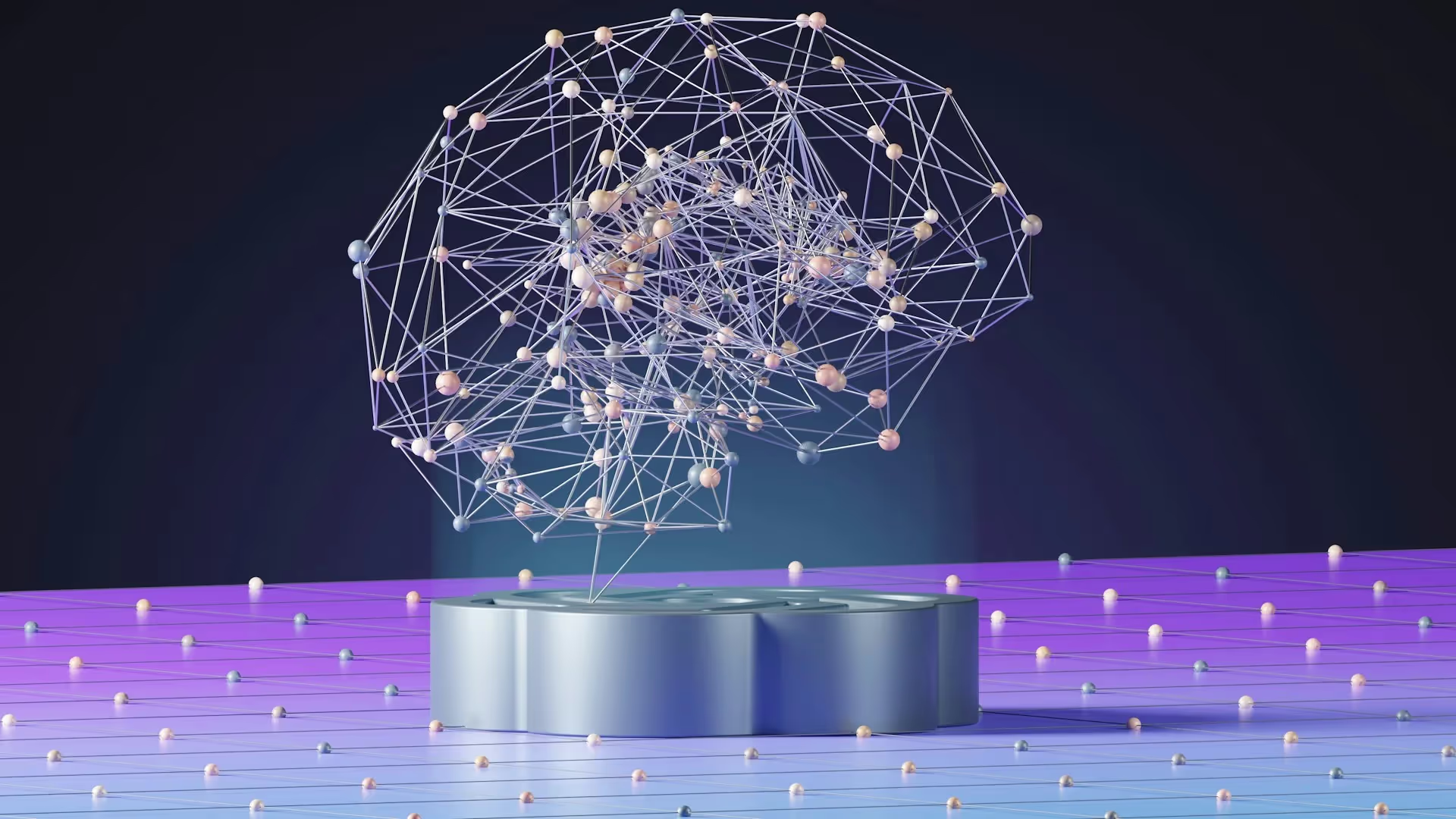
AI and the Future of Society and Economy
Large language and generative AI models like ChatGPT are the equivalent of the first automobiles: fun to play with, somewhat unreliable, and maybe a little dangerous. But over time, the lesson for will be clear: Who Learns Fastest, Wins.
Section One: AI and the Evolution of Business
Artificial Intelligence (AI) is perhaps the most widely discussed new technology in history.Forecasts of its future range from imminent societal collapse to the spawning of a new paradigm for economic organisation. Some two-thirds of Americans fear its rise and roughly threein five, according to a 2023 poll, see it as a direct threat to civilisation (Edwards, 20231; Tong,20232). World Economic Forum chairman Klaus Schwab warns about humans losing control ofthe world during the Fourth Industrial Revolution (Newcomb, 20233).
The business appeal of AI is obvious. AI is about improving the accuracy of decision-making byharnessing past experience to predict the future. It is not about creating new sentient, infallible life forms like “Ultron” from Marvel Comics or “Lt. Commander Data” from Star Trek. It isabout eliminating mankind’s natural stupidity that comes from making the same mistakes overand over again without learning from the past. PricewaterhouseCoopers (PwC) estimated AItechnologies would add US$15.7 trillion to the global economy by 2030. McKinsey & Companyestimates generative AI alone will add US$4.4 trillion annually to the global economy (Chui etal., 20234; Goldman, 20235; PwC, 20176).
Entrepreneurs and innovators may seek to disrupt existing order, but most businesses are builtaround optimising existing systems. Build the same thing cheaper so you make more moneythan your competitors. Define target audiences more precisely so you can reach them moreefficiently and effectively. Identify friction points in processes so you can smooth them out andmake things happen faster and more easily. This is the ongoing struggle of businesses andmarkets since the beginning of capitalism.
Read the Full Report
This report was originally published by Chapman University's Center for Demographics and Policy. Read it in full here.
Economic Dynamism
.jpg)
Do Dynamic Societies Leave Workers Behind Culturally?
Technological change is undoubtedly raising profound metaphysical questions, and thinking clearly about them may be more consequential than ever.
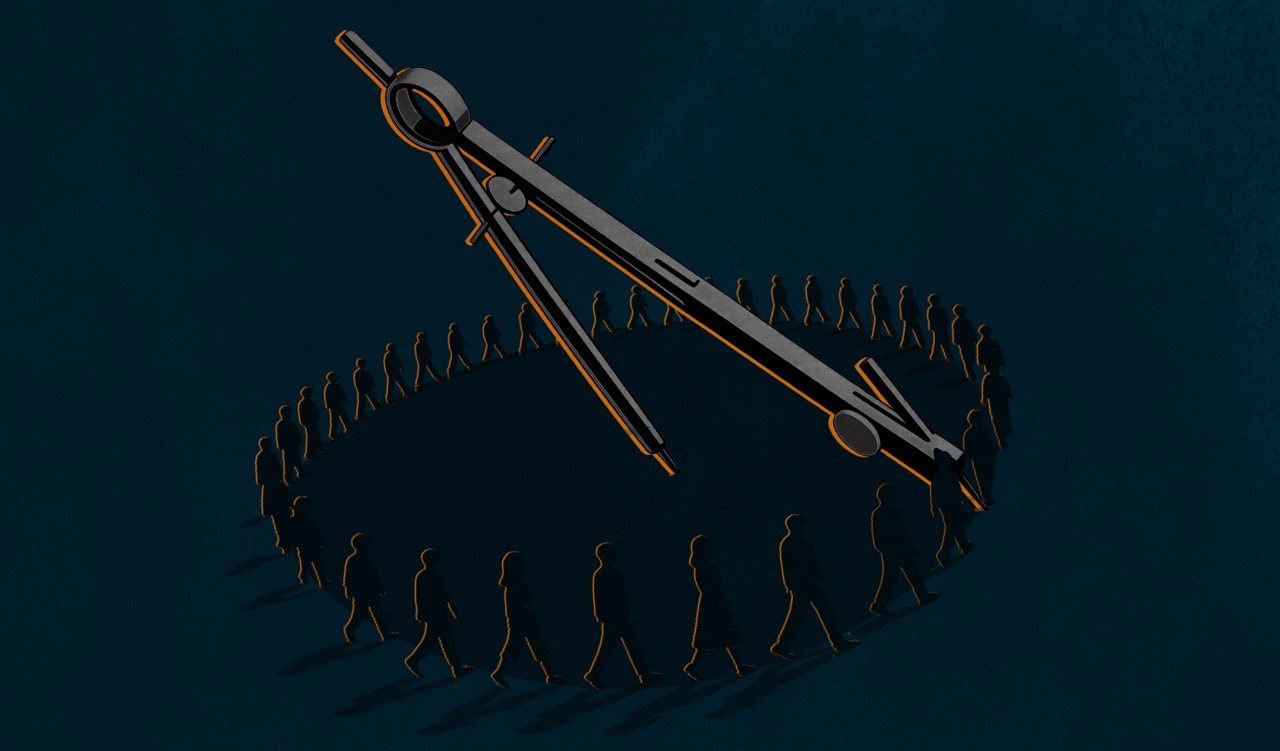
The War on Disruption
The only way we can challenge stagnation is by attacking the underlying narratives. What today’s societies need is a celebration of messiness.

Unlocking Public Value: A Proposal for AI Opportunity Zones
Governments often regulate AI’s risks without measuring its rewards—AI Opportunity Zones would flip the script by granting public institutions open access to advanced systems in exchange for transparent, real-world testing that proves their value on society’s toughest challenges.

Downtowns are dying, but we know how to save them
Even those who yearn to visit or live in a walkable, dense neighborhood are not going to flock to a place surrounded by a grim urban dystopia.

The Housing Crisis
Soaring housing costs are driving young people towards socialism—only dispersed development and expanded property ownership can preserve liberal democracy.

The Start-Up Paradox: The Coming Red Shift in Innovation
Despite London's success, the future of innovation is securely in American hands for the foreseeable future.
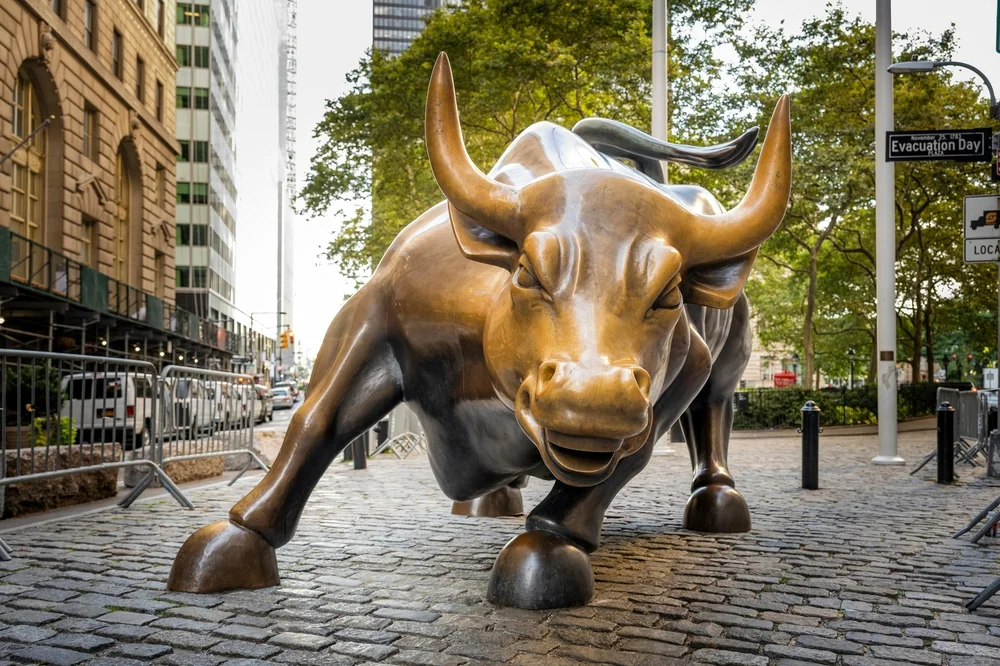
Oren Cass's Bad Timing
Cass’s critique misses the most telling point about today’s economy: U.S. companies are on top because they consistently outcompete their global rivals.




.jpeg)




.jpg)


